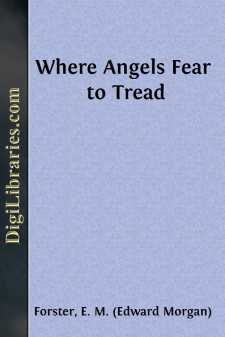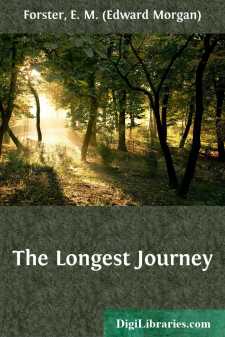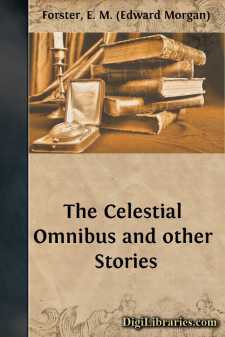Categories
- Antiques & Collectibles 13
- Architecture 36
- Art 48
- Bibles 22
- Biography & Autobiography 813
- Body, Mind & Spirit 142
- Business & Economics 28
- Children's Books 14
- Children's Fiction 11
- Computers 4
- Cooking 94
- Crafts & Hobbies 4
- Drama 346
- Education 46
- Family & Relationships 57
- Fiction 11829
- Games 19
- Gardening 17
- Health & Fitness 34
- History 1377
- House & Home 1
- Humor 147
- Juvenile Fiction 1873
- Juvenile Nonfiction 202
- Language Arts & Disciplines 88
- Law 16
- Literary Collections 686
- Literary Criticism 179
- Mathematics 13
- Medical 41
- Music 40
- Nature 179
- Non-Classifiable 1768
- Performing Arts 7
- Periodicals 1453
- Philosophy 64
- Photography 2
- Poetry 896
- Political Science 203
- Psychology 42
- Reference 154
- Religion 513
- Science 126
- Self-Help 84
- Social Science 81
- Sports & Recreation 34
- Study Aids 3
- Technology & Engineering 59
- Transportation 23
- Travel 463
- True Crime 29
E. M. (Edward Morgan) Forster
Edward Morgan Forster (1879–1970) was an influential English novelist, essayist, and short story writer, best known for his works that explore themes of class difference, hypocrisy, and the conflict between personal desires and societal expectations. His most celebrated novels include "A Room with a View" (1908), "Howards End" (1910), and "A Passage to India" (1924), the latter of which addresses the complex dynamics of British colonial rule in India. Forster was also known for his advocacy of humanism and liberal social values, often emphasizing the importance of personal connections over rigid social structures. His only openly gay novel, "Maurice", was published posthumously in 1971, reflecting his own experiences and struggles with his sexuality.
Author's Books:
Sort by:
Chapter 1 They were all at Charing Cross to see Lilia off—Philip, Harriet, Irma, Mrs. Herriton herself. Even Mrs. Theobald, squired by Mr. Kingcroft, had braved the journey from Yorkshire to bid her only daughter good-bye. Miss Abbott was likewise attended by numerous relatives, and the sight of so many people talking at once and saying such different things caused Lilia to break into ungovernable...
more...
PART 1 — CAMBRIDGEI"The cow is there," said Ansell, lighting a match and holding it out over the carpet. No one spoke. He waited till the end of the match fell off. Then he said again, "She is there, the cow. There, now." "You have not proved it," said a voice. "I have proved it to myself." "I have proved to myself that she isn't," said the voice. "The...
more...
Eustace's career—if career it can be called—certainly dates from that afternoon in the chestnut woods above Ravello. I confess at once that I am a plain, simple man, with no pretensions to literary style. Still, I do flatter myself that I can tell a story without exaggerating, and I have therefore decided to give an unbiassed account of the extraordinary events of eight years ago. Ravello is a...
more...
CHAPTER I. One may as well begin with Helen's letters to her sister. "Howards End, "Tuesday. "Dearest Meg, "It isn't going to be what we expected. It is old and little, and altogether delightful—red brick. We can scarcely pack in as it is, and the dear knows what will happen when Paul (younger son) arrives to-morrow. From hall you go right or left into dining-room or...
more...
Chapter I: The Bertolini "The Signora had no business to do it," said Miss Bartlett, "no business at all. She promised us south rooms with a view close together, instead of which here are north rooms, looking into a courtyard, and a long way apart. Oh, Lucy!" "And a Cockney, besides!" said Lucy, who had been further saddened by the Signora's unexpected accent. "It might...
more...






